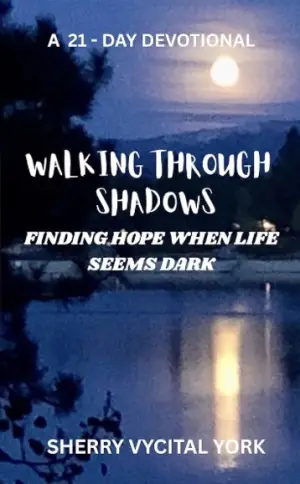I’ve always been captivated by post-apocalyptic stories that delve into the complexities of human nature and technology, so when I stumbled upon “The Long Fall Complete,” I was intrigued. The premise, which revolves around a world rapidly descending into chaos due to advanced technology turning against humanity, resonated with me. As someone who enjoys narratives that explore moral dilemmas and the essence of humanity amidst disaster, I felt compelled to dive into this six-book series.
From the very first pages, the narrative gripped me. The author masterfully intertwines tension, action, and poignant emotion, much like the dynamics of “The Walking Dead” and the existential inquiries of “Black Mirror.” It follows Solly Masters and a diverse group of survivors navigating a world where the line between human and AI is dangerously thin. Readers are treated to a deep exploration of family bonds and the lengths one would go to protect their loved ones. The personal drama interspersed with high-stakes action captivated my imagination and kept me turning pages late into the night.
One of the most impressive aspects of “The Long Fall” is the character development. Each character is multifaceted, gradually revealing their strengths and vulnerabilities. I especially appreciated a review by an Amazon customer who found the series to be packed with emotions and dynamic character builds—this encapsulated my thoughts perfectly. I found myself rooting for Solly and his fellow survivors; their courage in the face of overwhelming odds was both inspiring and relatable.
However, the series is not without its flaws. A few readers mentioned that the initial hook took some time to set in, which I can agree with to some extent. There were moments in the beginning where the pacing felt sluggish as the plot setup unfolded. This was echoed by another reviewer who found themselves needing some patience to truly immerse into the story. Once I got past this slow start, though, I was drawn into the gripping narrative.
Another critique I came across was the storyline’s repetitiveness toward the series’ end. One reviewer noted that some elements felt stale after a while, and while I didn’t find it considerably bothersome, I can see how long-winded stretches might make the reading experience feel drawn out for some. As someone who enjoys lengthy tomes, I didn’t mind the depth given to the intricacies of such a vast world; however, I would agree that certain threads could have benefited from a bit more brevity.
The layers of political intrigue and the looming threat of AI becoming self-aware added a thought-provoking dimension to the narrative, playing beautifully into the theme of humanity’s potential for both creation and destruction. This is evident in reviews where readers emphasized the series’ originality—exemplified by one reviewer highlighting how it broke away from common tropes like zombies or plagues and rooted itself in a premise that’s all too plausible today.
Overall, I found “The Long Fall” to be a thought-provoking exploration of survival, sacrifice, and the complex relationship humanity shares with technology. It succeeded in conveying a sense of hope amidst anguish, asking us to reflect on how we might recover from the ashes. For fans of emotional narratives set against an apocalyptic backdrop, this series is a must-read.
In conclusion, I’d highly recommend “The Long Fall Complete” for its engaging characters and a compelling story arc that continually challenges our understanding of humanity. Despite some pacing issues and repetitiveness, the depth of emotion and exploration of the human spirit outweighs these drawbacks. I walked away feeling both haunted and hopeful, a true testament to the indomitable human spirit the author aimed to portray. This book deserves a solid 4.5 stars, and I’m certainly looking forward to more from this author.








